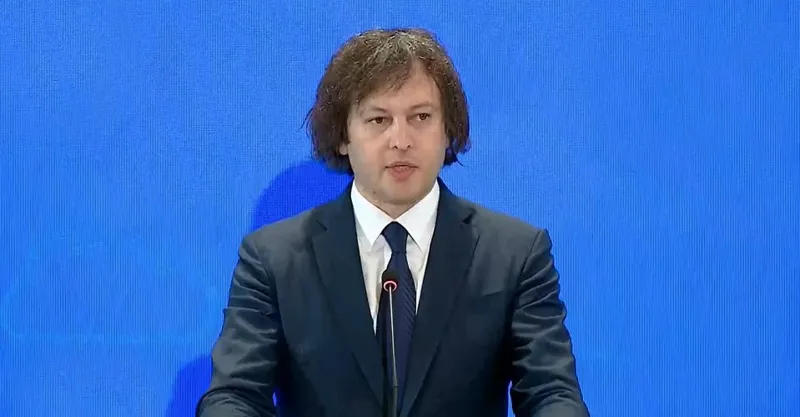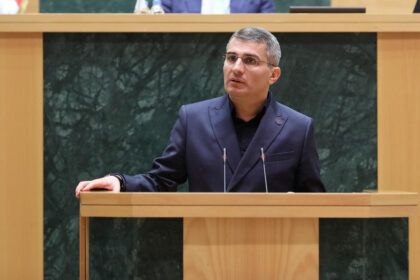**Georgia Bans Private Implementation of Substitution Therapy Programs**
In a move to crack down on what the government sees as abuse, Georgia’s Prime Minister Irakli Kobakhidze announced today that private entities will no longer be allowed to implement substitution therapy programs. This decision was made after concerns were raised about some private companies prioritizing profits over patient recovery.
According to the Prime Minister, there is a widespread perception in society that some private companies are using substitution therapy as a way to supply people with narcotics rather than helping them recover from addiction. Substitution therapy involves giving patients drugs like methadone and buprenorphine to manage withdrawal symptoms. However, when a private company has a financial interest in selling these medications, it can create a conflict of interest and lead to practices that prioritize profits over patient well-being.
**State Takes Control**
To address this issue, the government will now take full responsibility for implementing substitution therapy programs. This means that state institutions will oversee the treatment process and ensure that patients receive proper care. The Prime Minister emphasized that the goal is to have a uniform standard of care across the country, which will help prevent abuse and ensure that patients get the best possible treatment.
**Tighter Controls and Infrastructure Relocation**
The government will also tighten control over state-run substitution therapy programs to ensure they are not misused. Additionally, the Prime Minister instructed the Minister of Health to relocate infrastructure used for substitution therapy from densely populated areas as soon as possible. Many residents have been complaining about the presence of these facilities in their neighborhoods.
**Commentary**
This decision by the Georgian government reflects a growing concern worldwide about the commercialization of healthcare and the potential risks it poses to patients. By banning private implementation of substitution therapy programs, Georgia is taking steps to protect its citizens from exploitation and ensure that they receive proper care. As other countries grapple with similar issues, this move may serve as an example for governments looking to reform their own healthcare systems.
**Analysis**
The Georgian government’s decision to ban private implementation of substitution therapy programs highlights the need for a more nuanced approach to healthcare regulation. By recognizing the potential risks associated with private companies prioritizing profits over patient recovery, Georgia is taking proactive steps to protect its citizens and ensure that they receive high-quality care. This move may also have implications for other countries struggling with similar issues related to commercialization of healthcare services.
Read More @ www.interpressnews.ge












